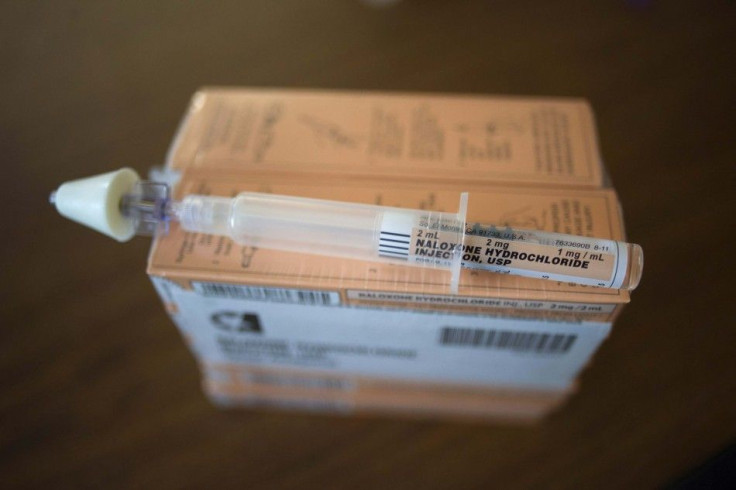Voluntary Euthanasia Advocate Suspended Due to Support on Suicide of Person Not Terminally Ill

Dr Philip Nitschke, a voluntary euthanasia advocate, was suspended by the Medical Board of Australia as he supported the suicide of Nigel Brayley, a 45-year-old man from Perth, knowing that he did not suffer from any terminal illness. Nitschke is all trying to fight his suspension, stating that he had nothing to do with the suicide. The suspension prevents him from practising anywhere in and around Australia.
Brayley committed suicide by taking Nembutal, an euthanasia drug in May. He has illegally imported the drug.
In 2011, Brayley's wife Line died from a fall and it is being considered as a murder and when the police were investigating it, Brayley wasn't considered a suspect. He went to Nitschke and discussed about ending his life, but then the advocate had said that Brayley and he had no doctor-patient relationship, and so he decided not to intervene.
Nitschke feels that the case demonstrates that a person would rather die than spend 20 years of his life in jail. He added that nothing that he did could have made Bradley change his mind. Referred by Nitschke as an "alleged serial killer," Brayley was not depressed nor did he go to Nitschke to seek advice.
Nitschke said that he feels he is suspended due to political pressure. He added that the boards conduct of trial by media is against the law and democracy of Australia. He added that this demonstrates that the government has acted because its thought doesn't match with that of the citizens.
Andrew Miller, the Western Australian branch vice president of the Australian Medical Association had remarked that Nitschke's activities had disturbed doctors for a long time, and now, the suspension will come as a relief to them. Jeff Kennett, the Beyond Blue chairman appreciated the medical board's quickness in tending to the case. He added that Nitschke had an attitude by which he felt that people had the right to take their life whenever they wished.




















